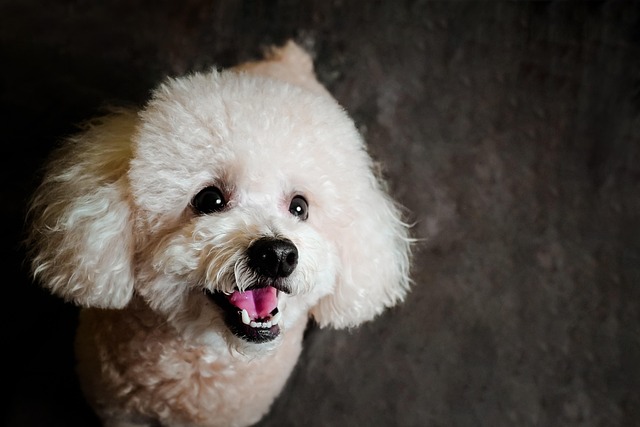
Are Poodles hard to potty train?
Many new Poodle owners worry about potty training challenges, but the breed’s high intelligence often works in their favor.
That frantic whining or scratching at the door is a familiar sign to every new puppy owner—your pup needs to go, but they’re struggling to tell you. Wouldn’t it be easier if they could just ring a bell? Using a potty bell is a brilliant, positive communication tool that empowers your puppy to clearly signal their needs, turning guesswork into a clear ring of understanding. It’s a simple concept that leverages their natural intelligence and your consistent response.
The science behind it is classical conditioning, much like Pavlov’s dogs. You’re creating a strong association between the sound of the bell and the action of going outside to relieve themselves. Start by hanging a small, jingle-style bell on a ribbon from your main exit door handle, low enough for your puppy to reach with their nose or paw. Before every single trip outside—after naps, meals, and play sessions—gently guide your puppy’s paw or encourage them to nudge the bell with their nose. The moment it makes a sound, immediately get excited, say “Yes! Outside!”, and hurry them out to their designated potty spot. When they do their business outside, reward them with an extra-special treat and enthusiastic praise. The sequence is crucial: Bell rings → we go outside immediately → you potty → you get a jackpot reward. They’ll quickly learn that ringing that bell is the key that unlocks the door to relief and rewards.
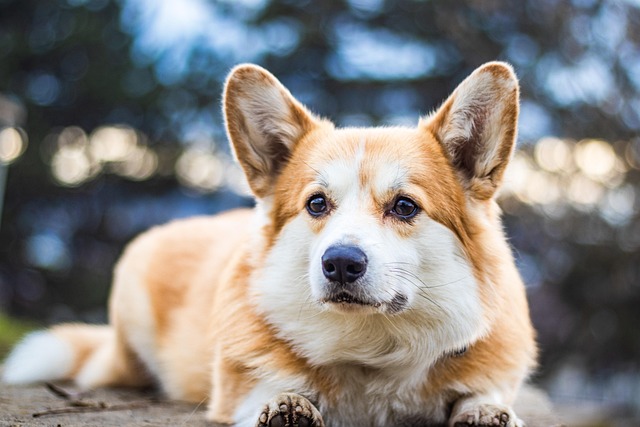
This method is a cornerstone of positive reinforcement training, which is the modern, culturally expected standard in the U.S. and Europe. The bell gives your puppy a voice, reducing their frustration and preventing accidents born from miscommunication. It is absolutely vital to never use the bell as a toy or to ring it yourself to tease them. Most importantly, under no circumstances should you ever scold or punish your puppy for ringing the bell, even if you just sat down. Every ring must be answered positively, as punishing them for communicating is the fastest way to break their trust and undermine the entire system. If they ring it constantly, they might just need to go more frequently, or they might be bored; it’s your job to calmly manage the situation without anger.
Success with the bell is a huge milestone in responsible puppy ownership, especially for apartment dwellers where quick access to the outside is essential. It minimizes accidents in confined spaces and helps establish a predictable routine. This responsibility extends to your community. While your puppy is learning, ensure they are up-to-date on their vaccination schedule as required by law; this is especially important as they’ll be frequenting shared outdoor areas. And of course, the moment your puppy does their business outside, you must immediately clean it up. Carrying waste bags and disposing of waste properly is not just a basic courtesy; it’s a legal requirement in virtually all U.S. cities and a fundamental part of being a respectful neighbor. By using the bell, you’re not just house training; you’re building a language of trust with your puppy and committing to being a conscientious member of your community.

Many new Poodle owners worry about potty training challenges, but the breed’s high intelligence often works in their favor.
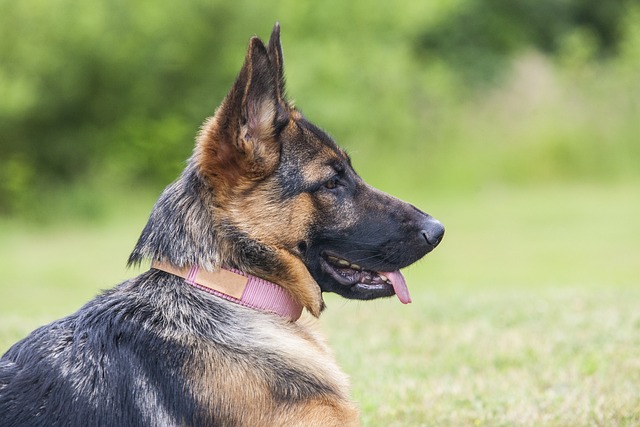
Belgian Malinois are smart, energetic dogs, but their barking can sometimes become a challenge—especially when it disrupts neighbors or violates local noise rules. First, you need to figure out why they’re barking.
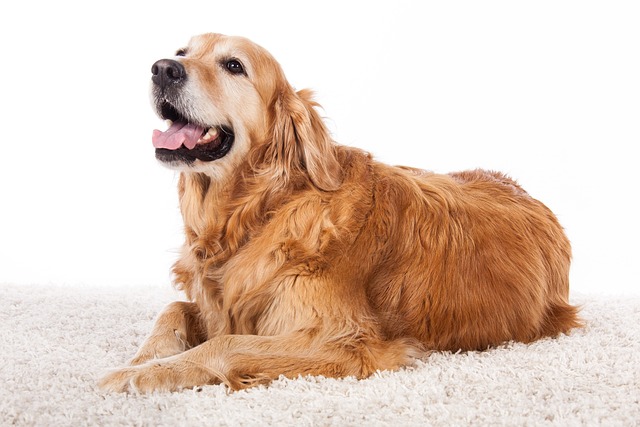
Anyone who’s spent time tossing a ball in the park knows some dogs go wild for fetch, while others just stare like you’re speaking a foreign language.
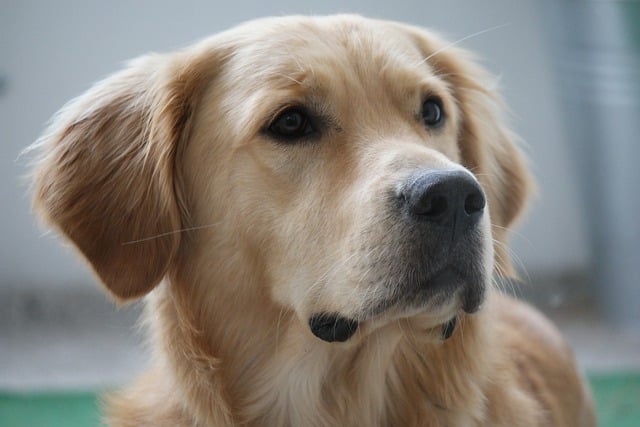
Toss a tennis ball across a park, and you’ll likely see a Golden Retriever bolt after it—tail wagging so hard their whole body shakes—before dropping it at your feet, waiting for another throw.
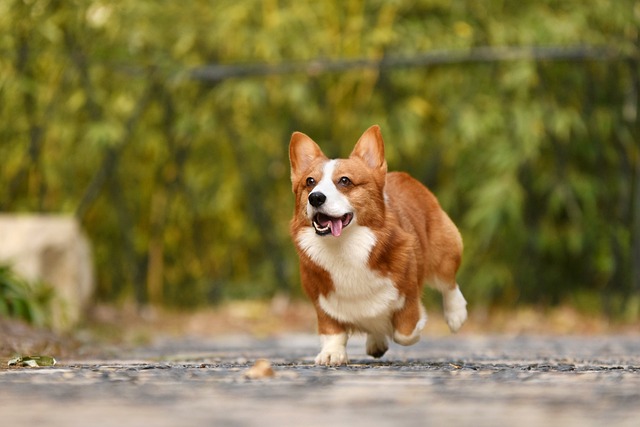
If you’re in the thick of puppyhood feeling sleep-deprived and wondering if you’ve made a terrible mistake, you’re not alone.
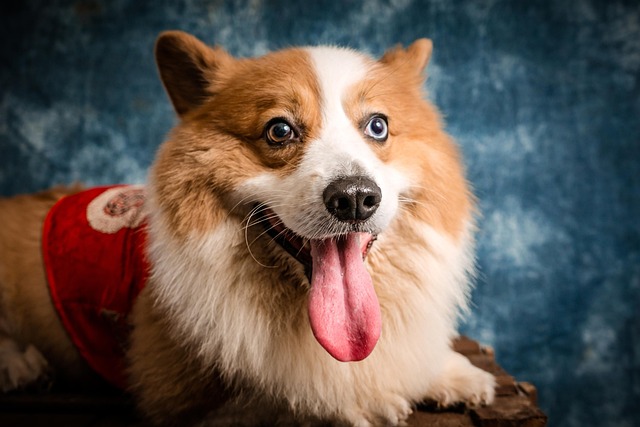
That magical period when your puppy seems curious about everything isn’t just a cute phase—it’s a critical developmental window that will shape their personality forever.